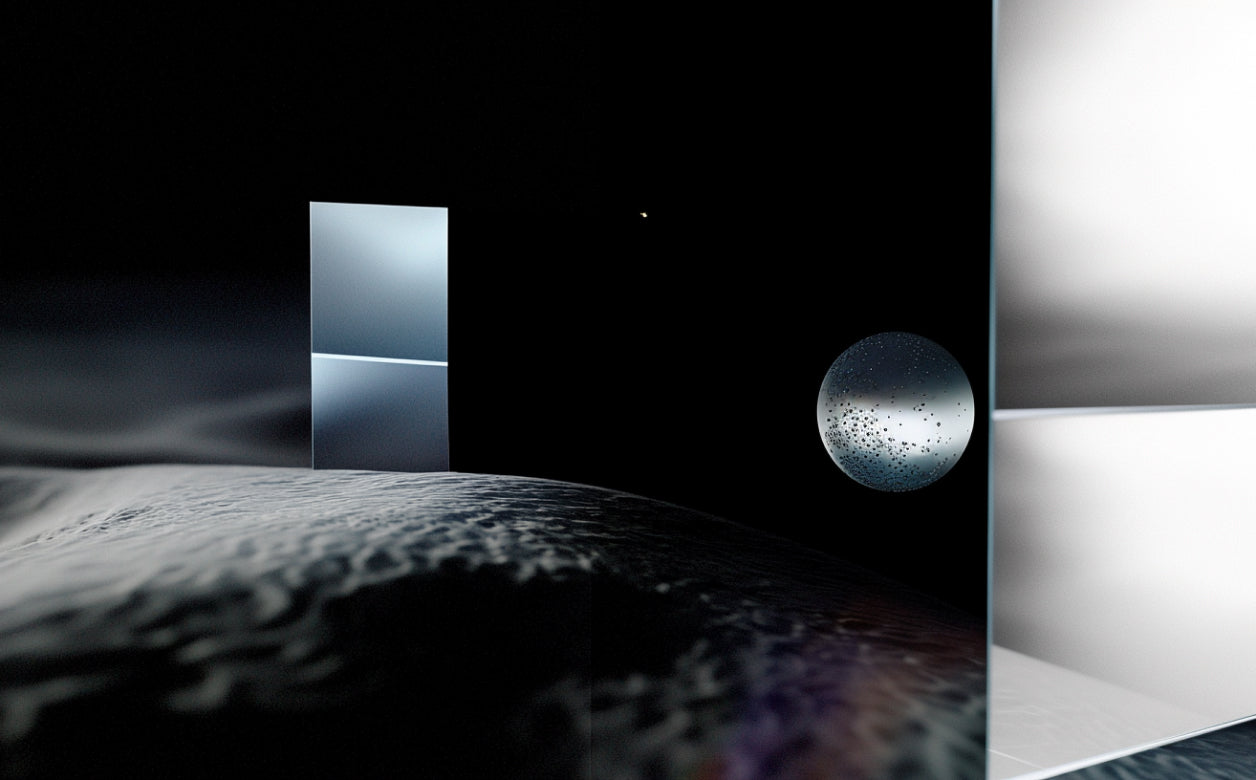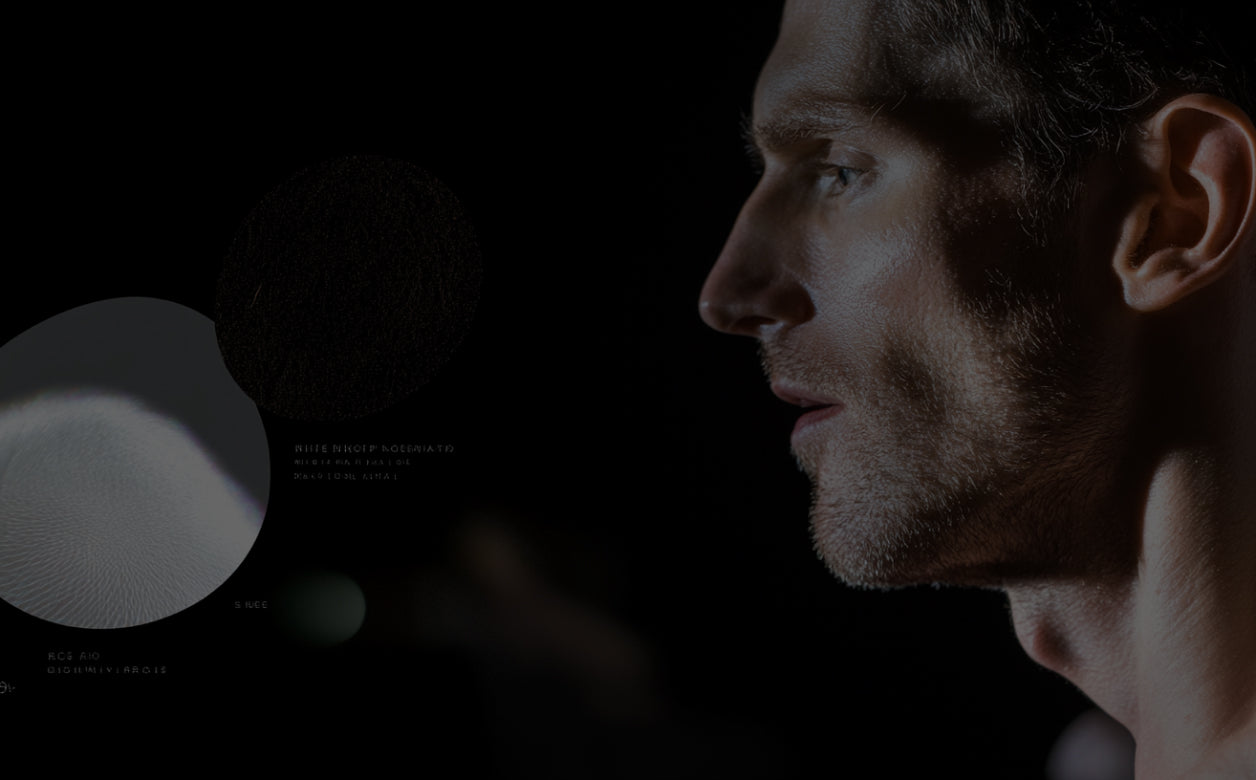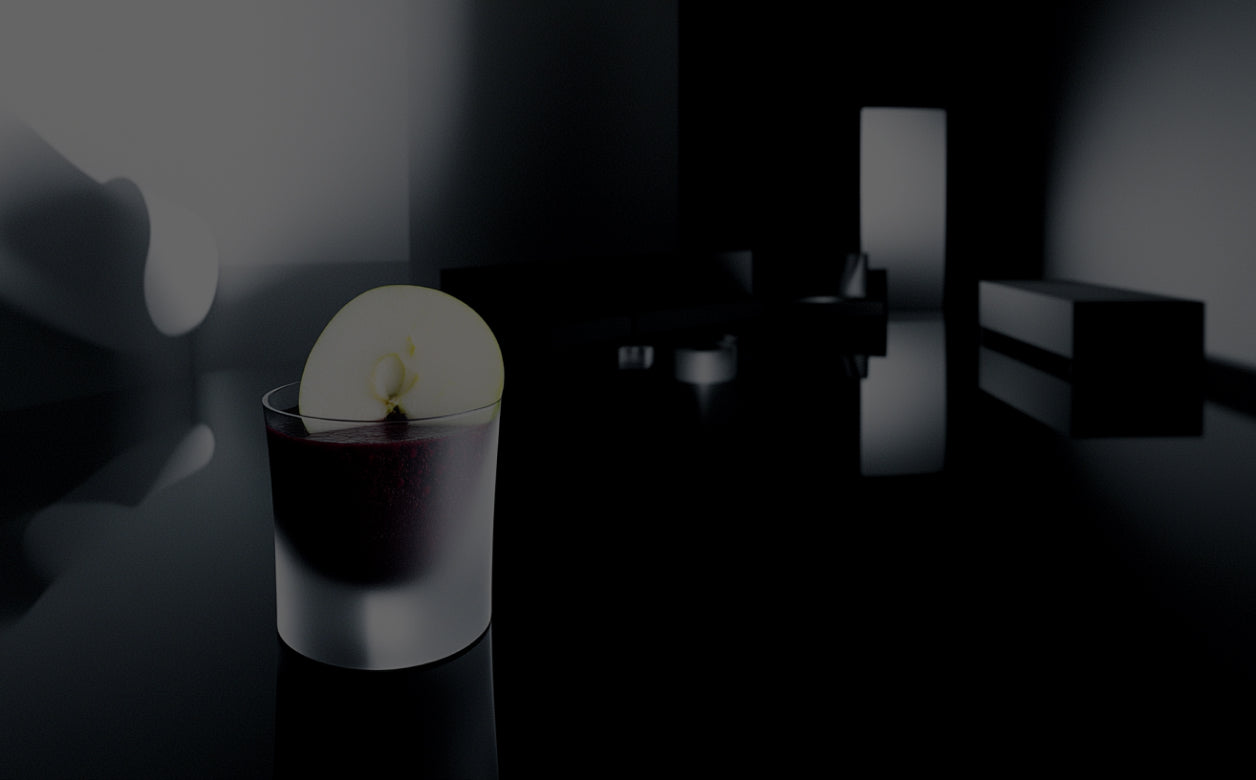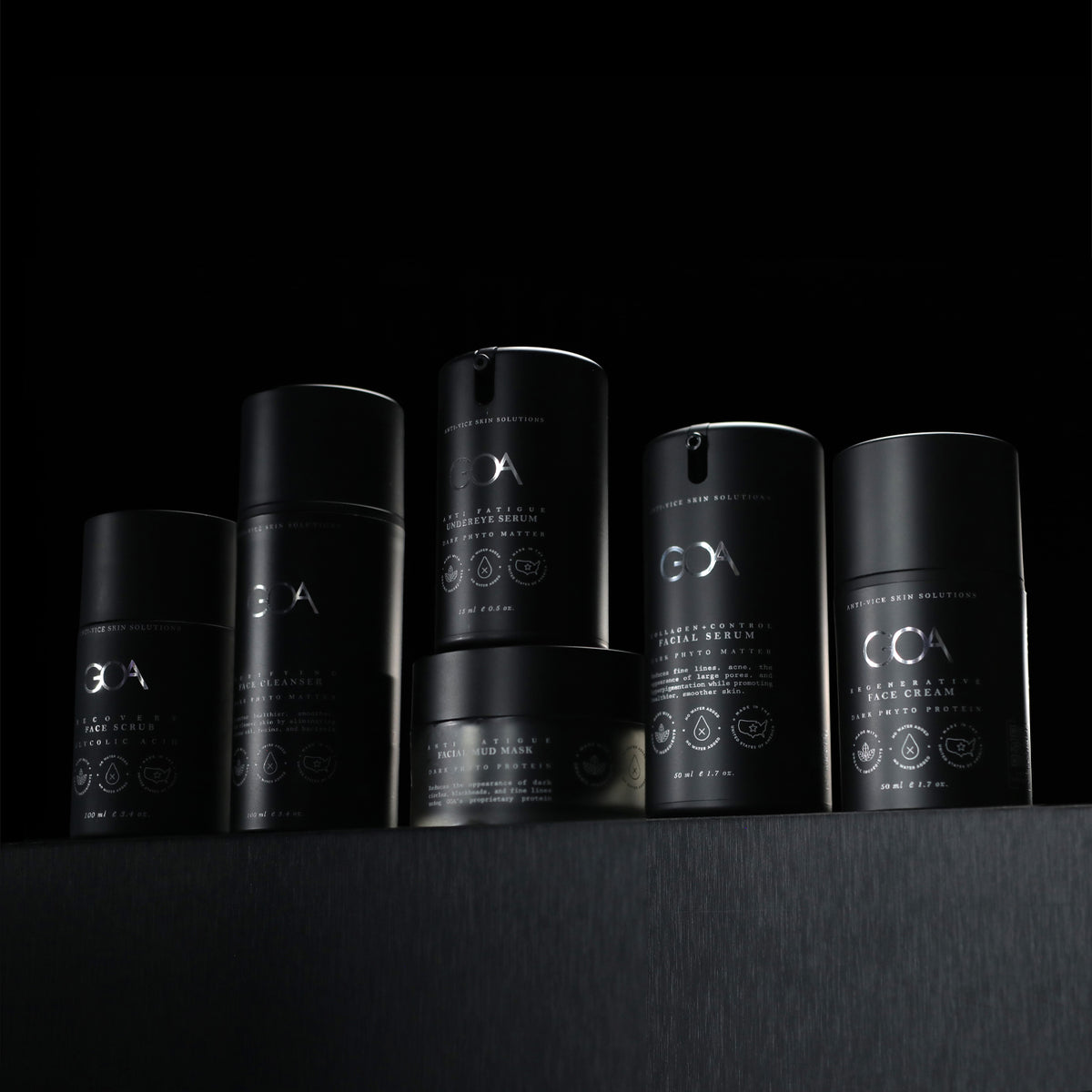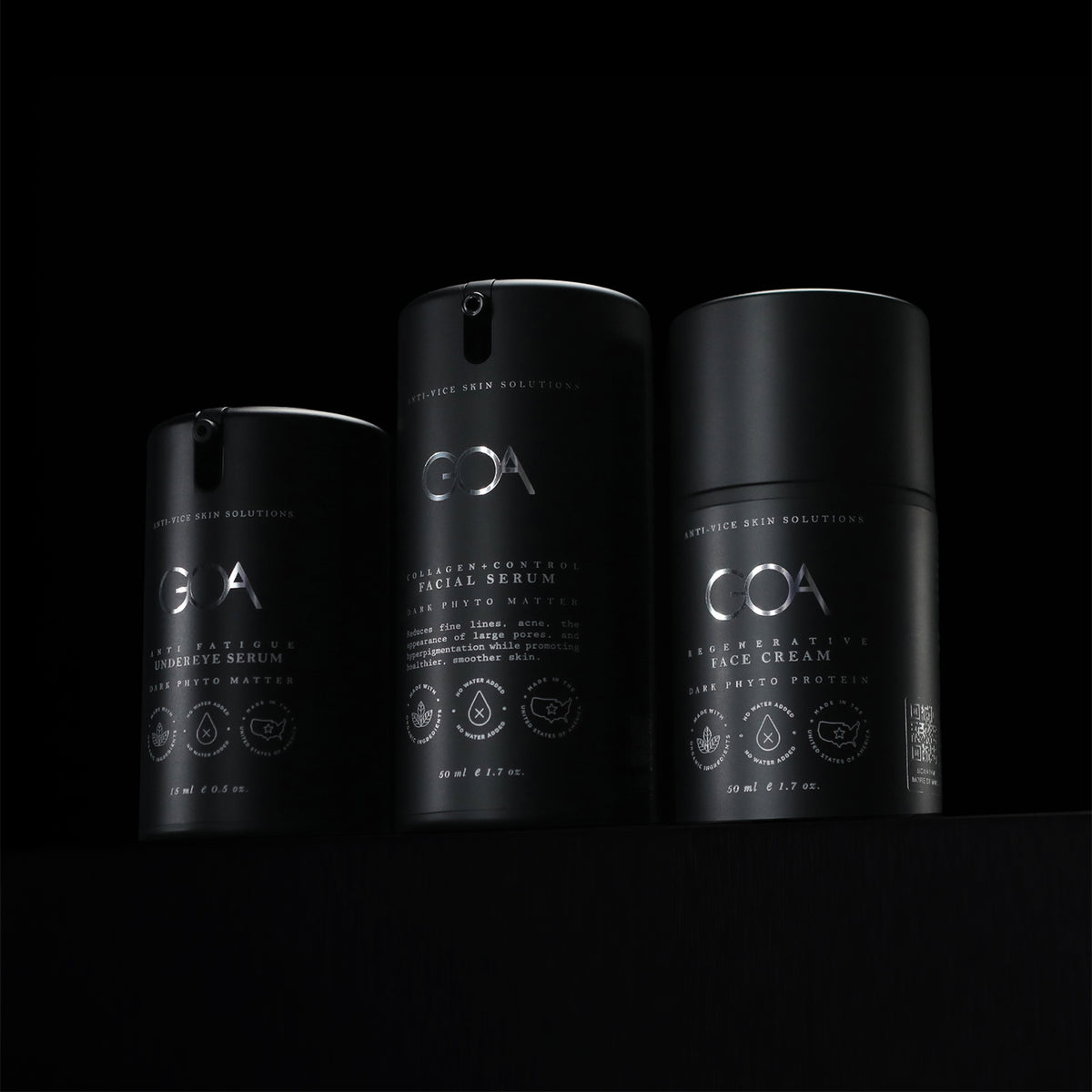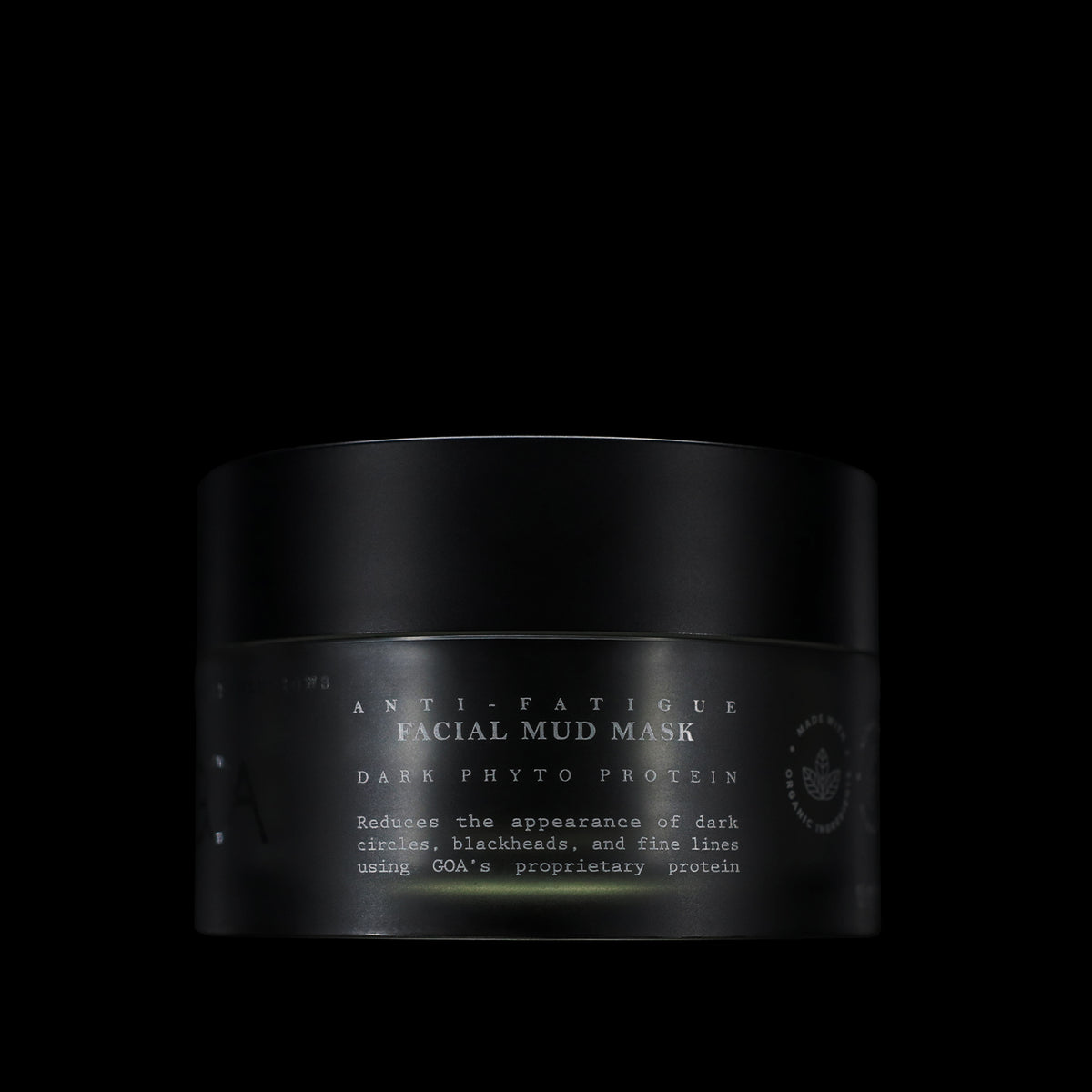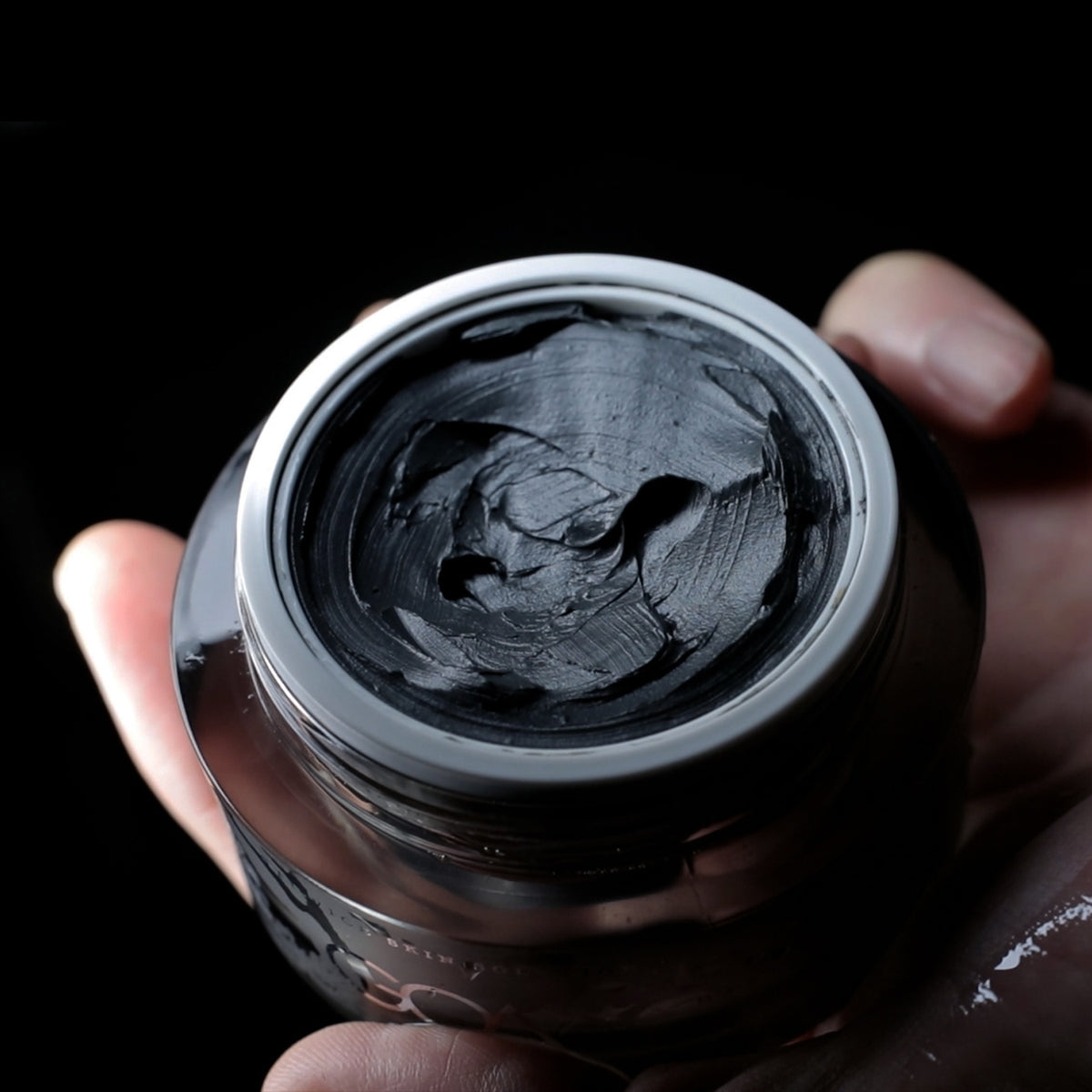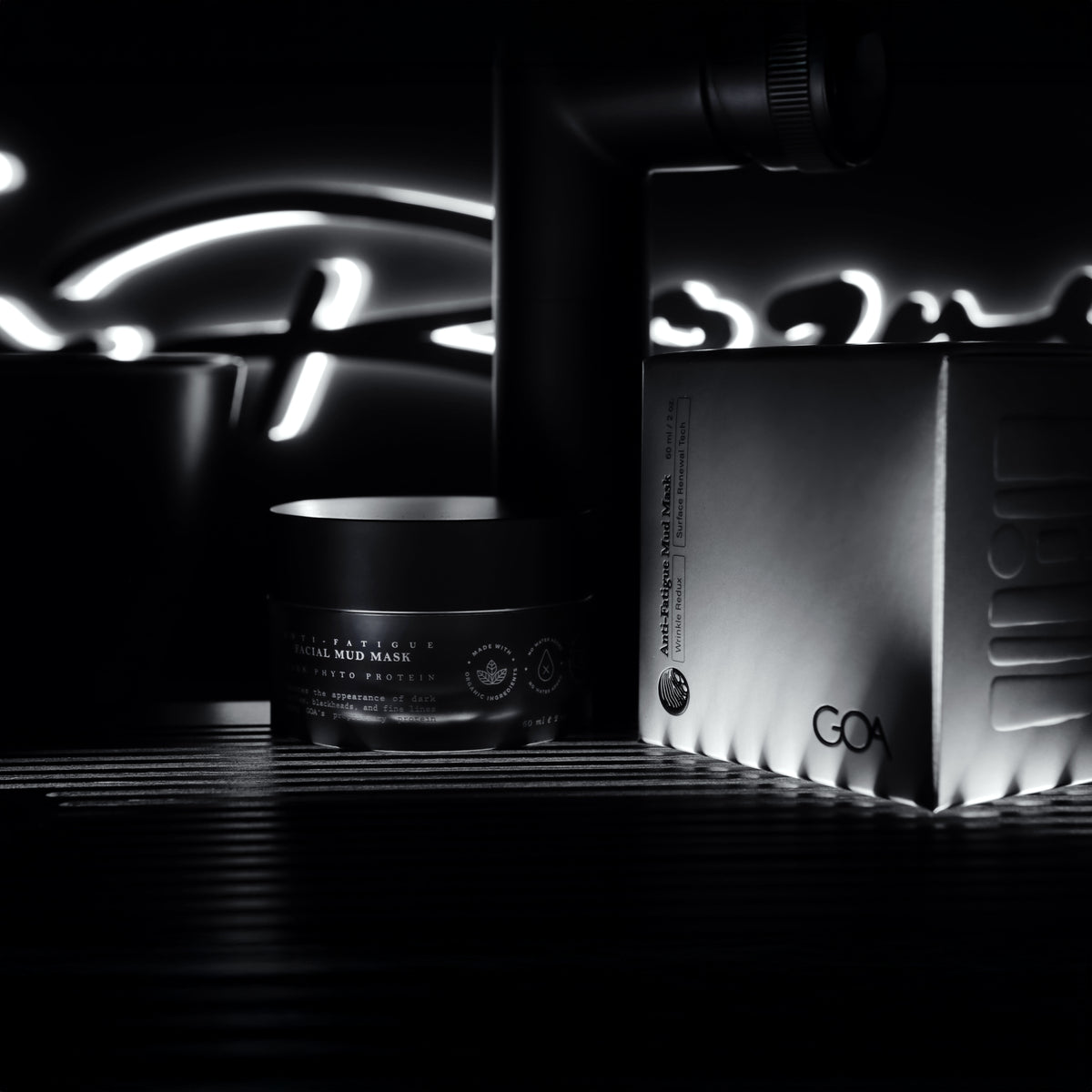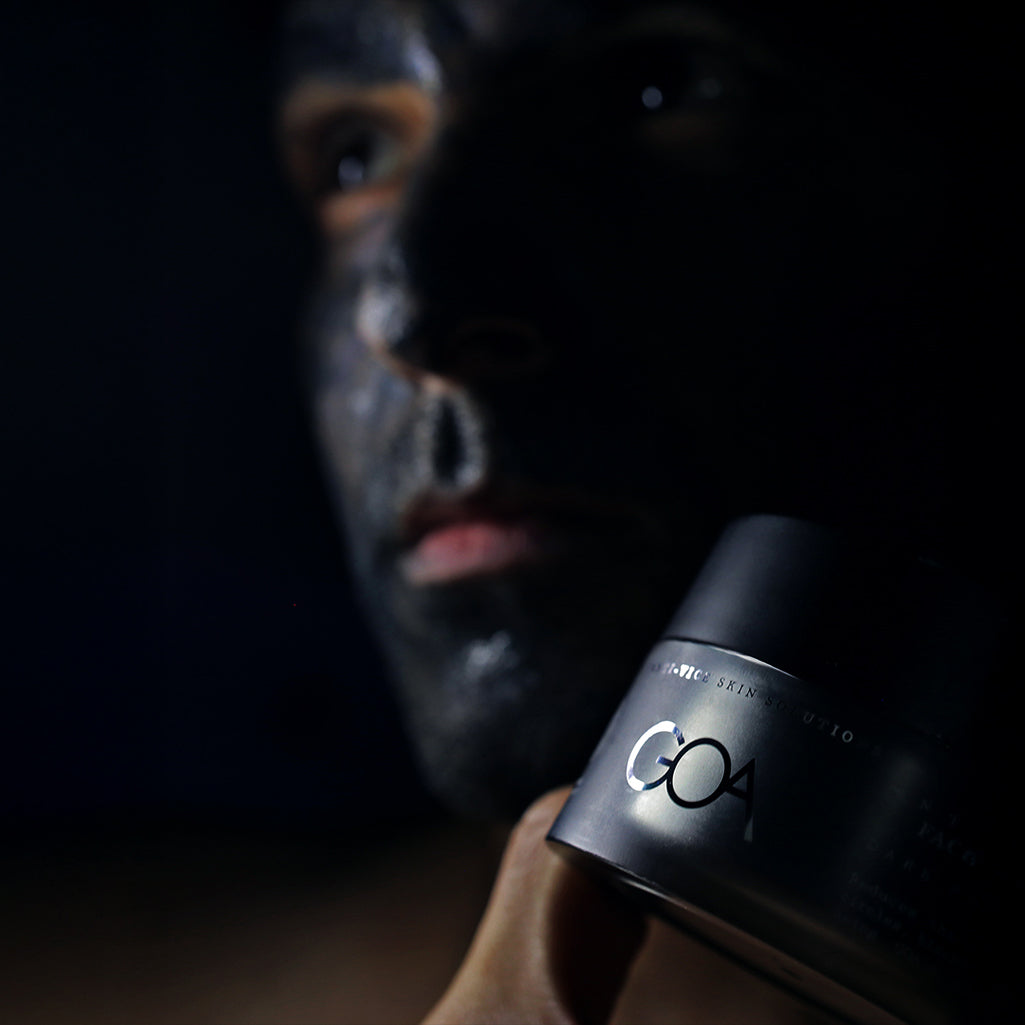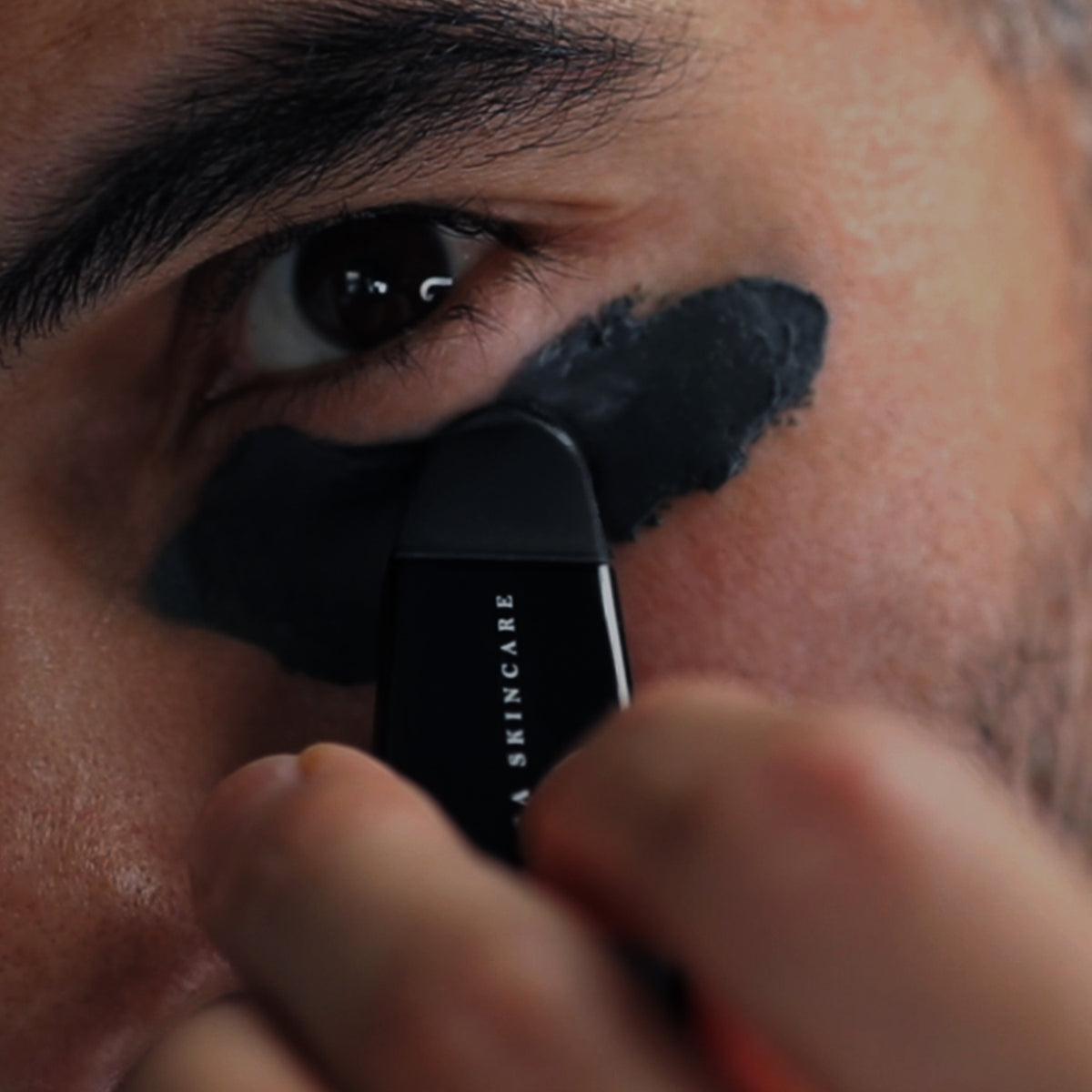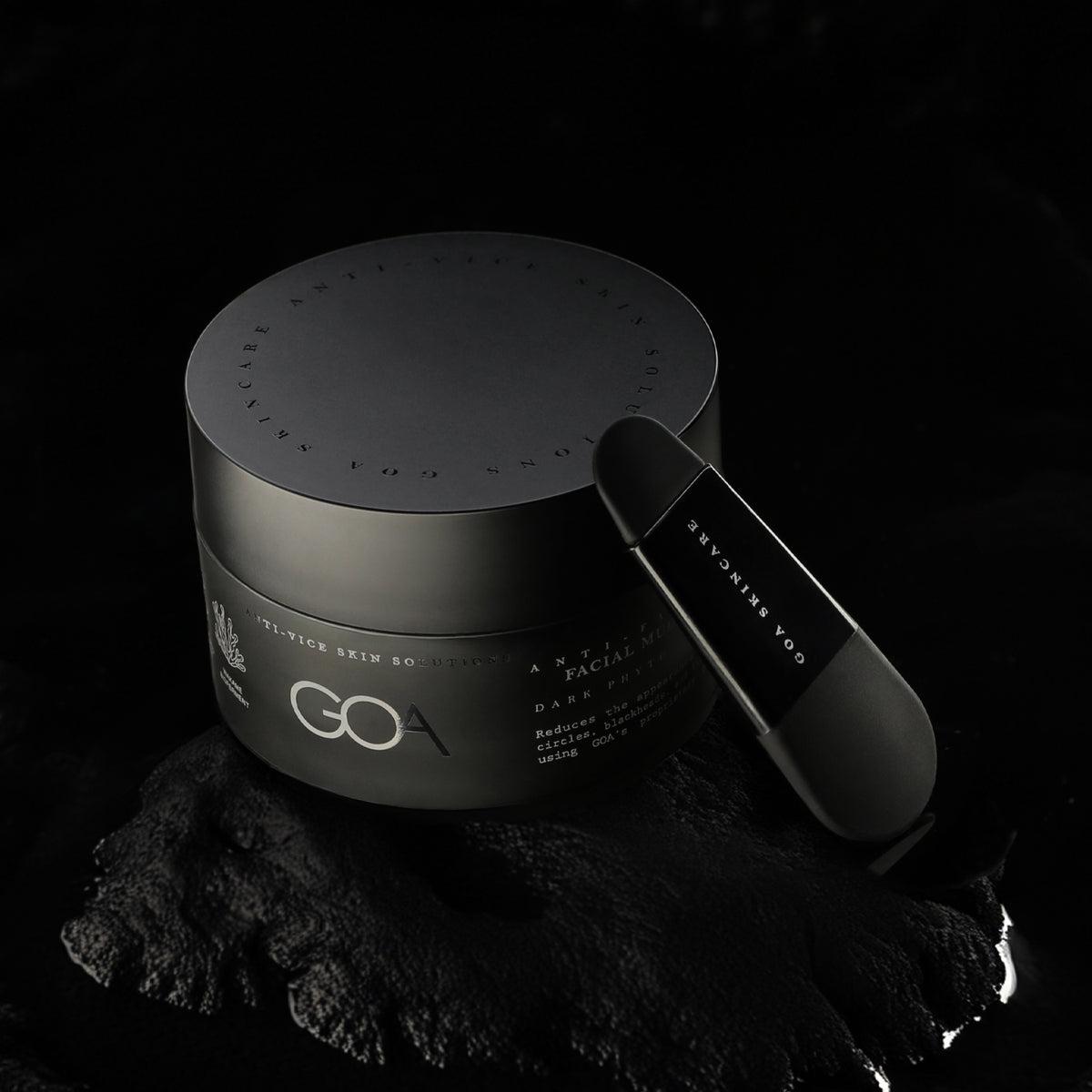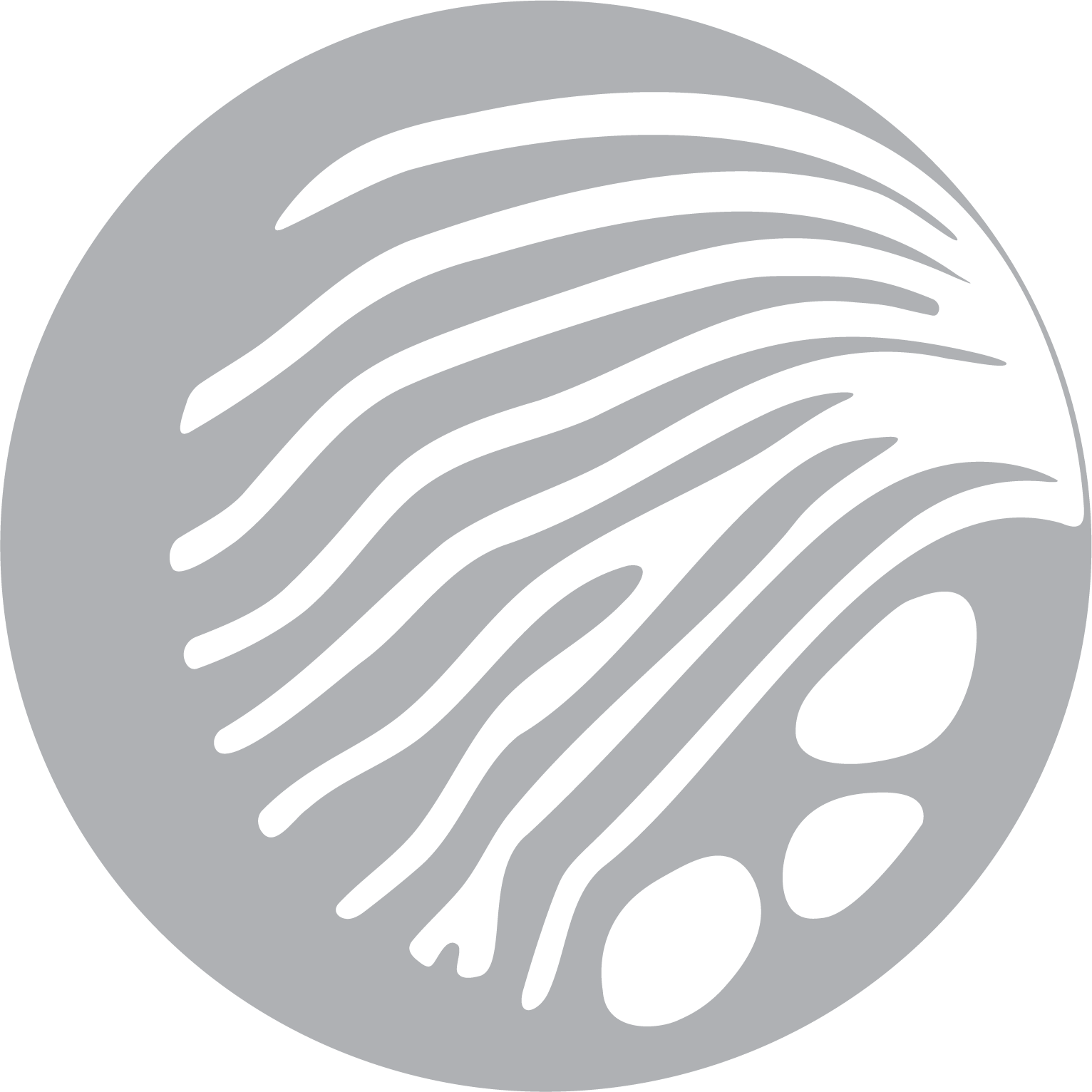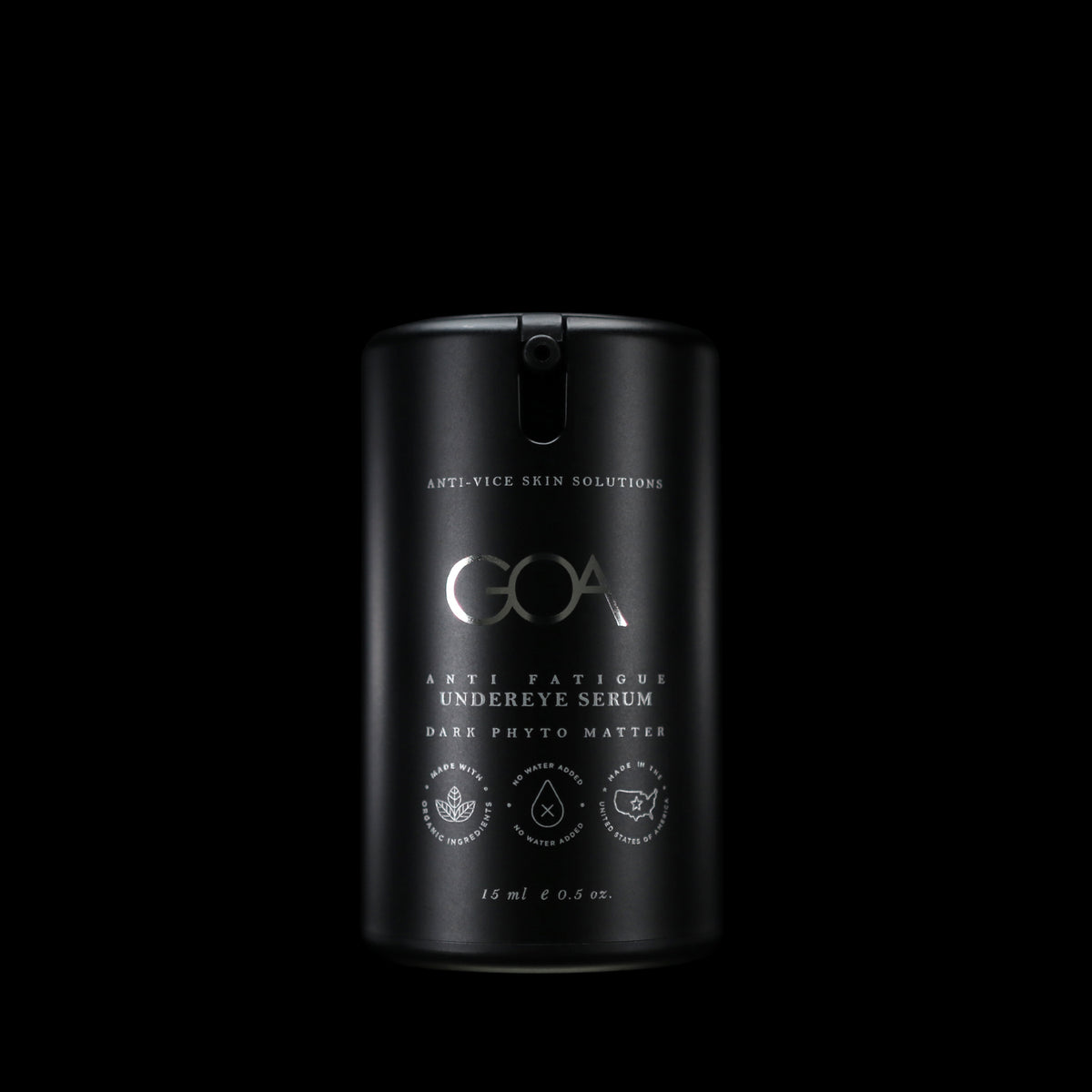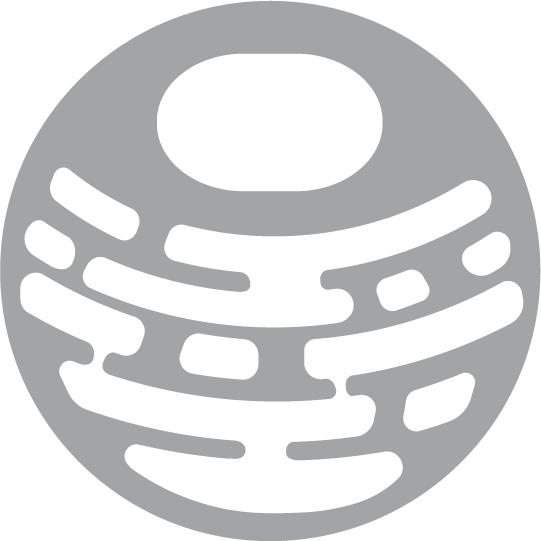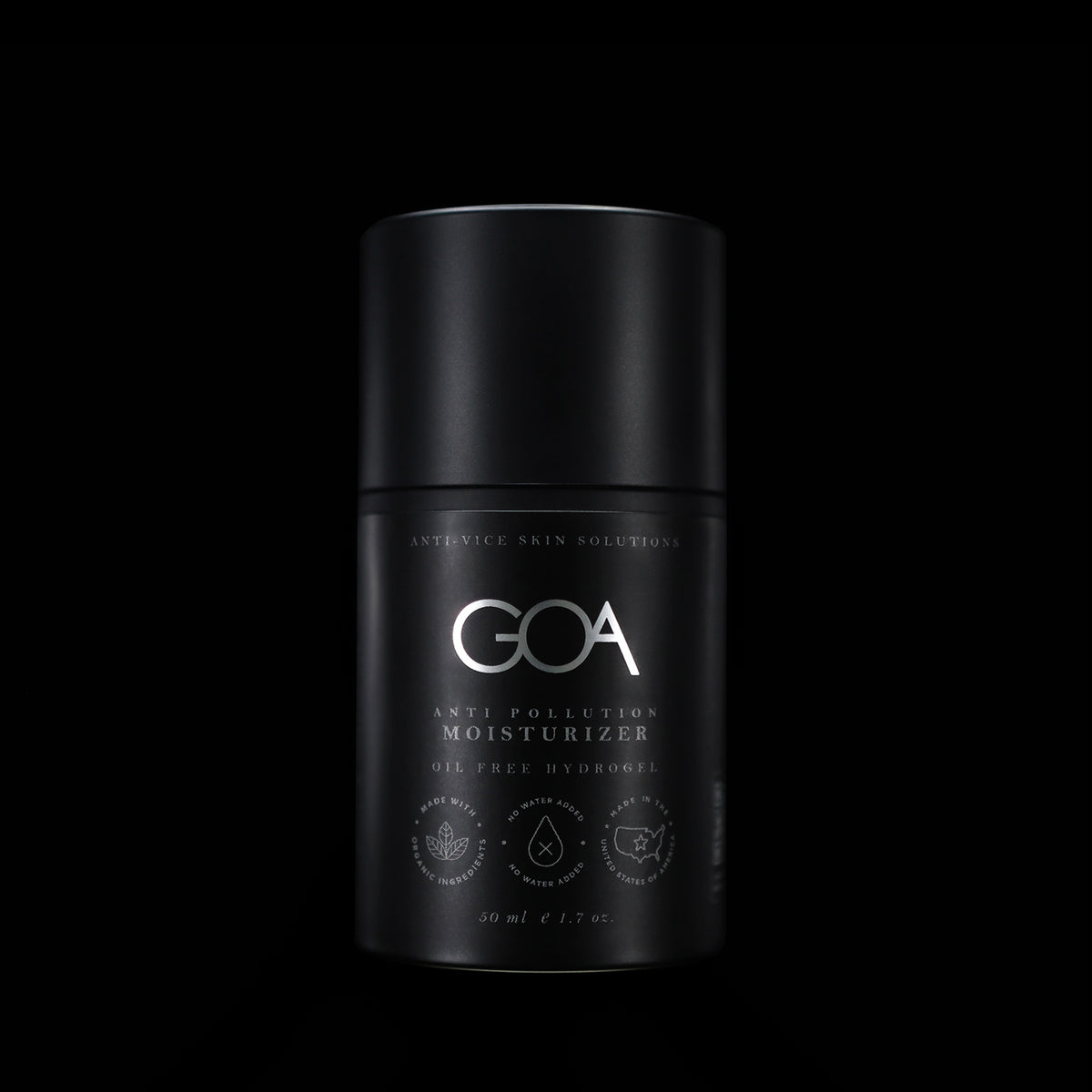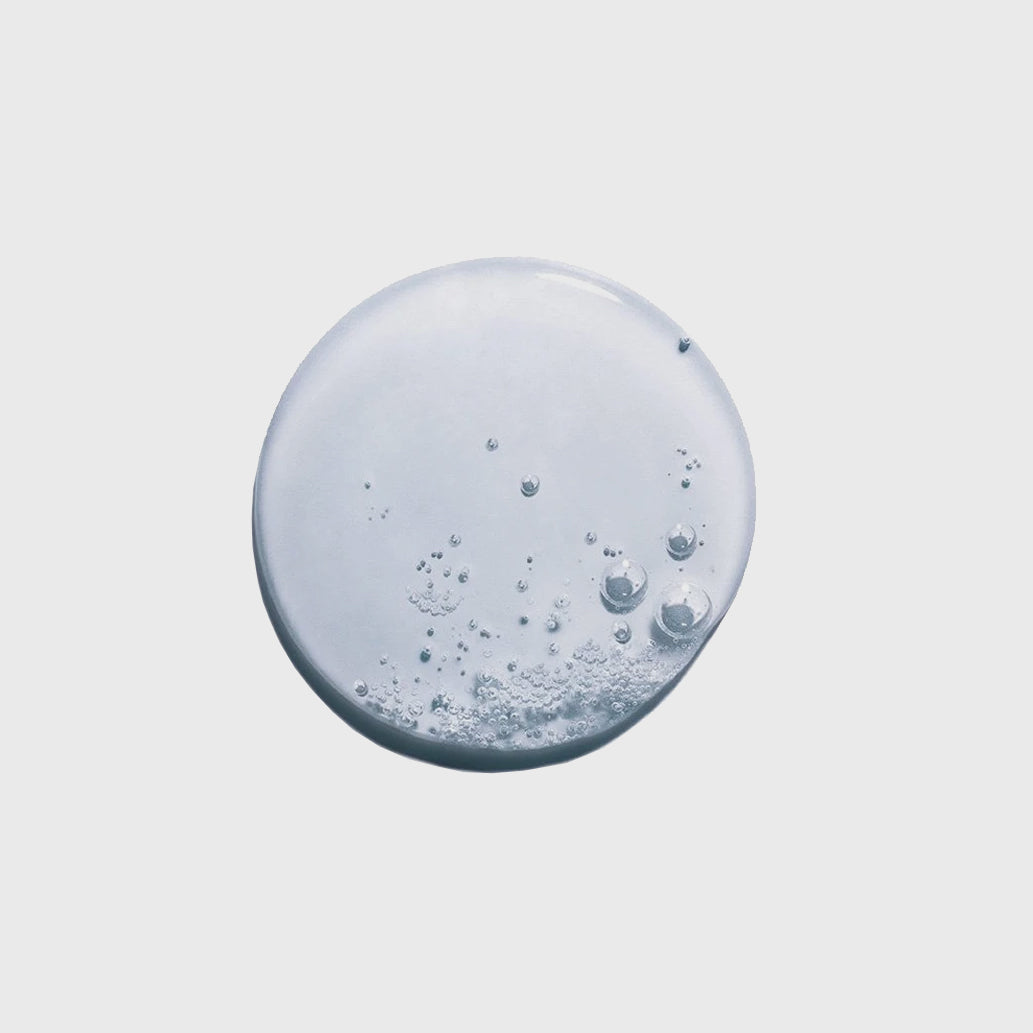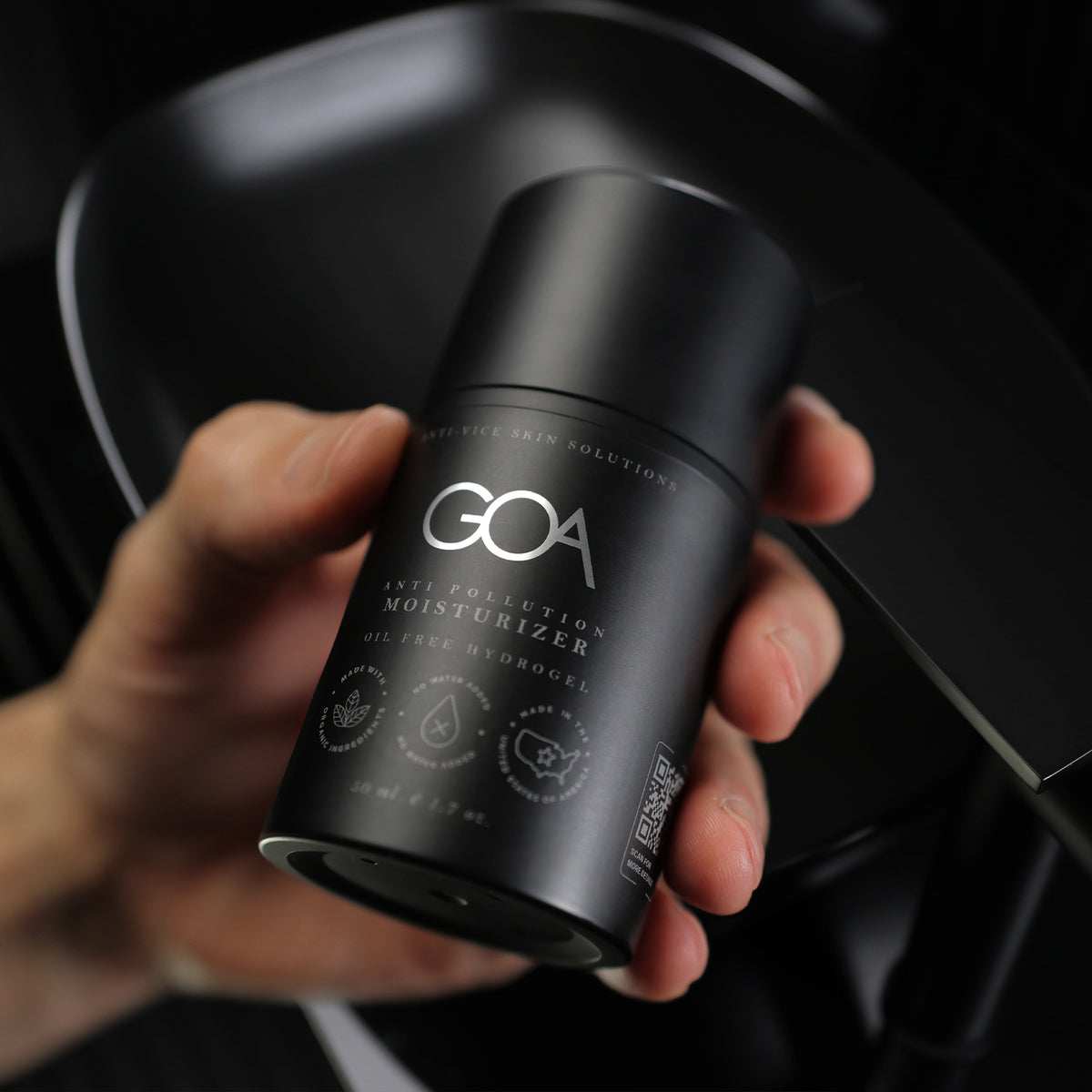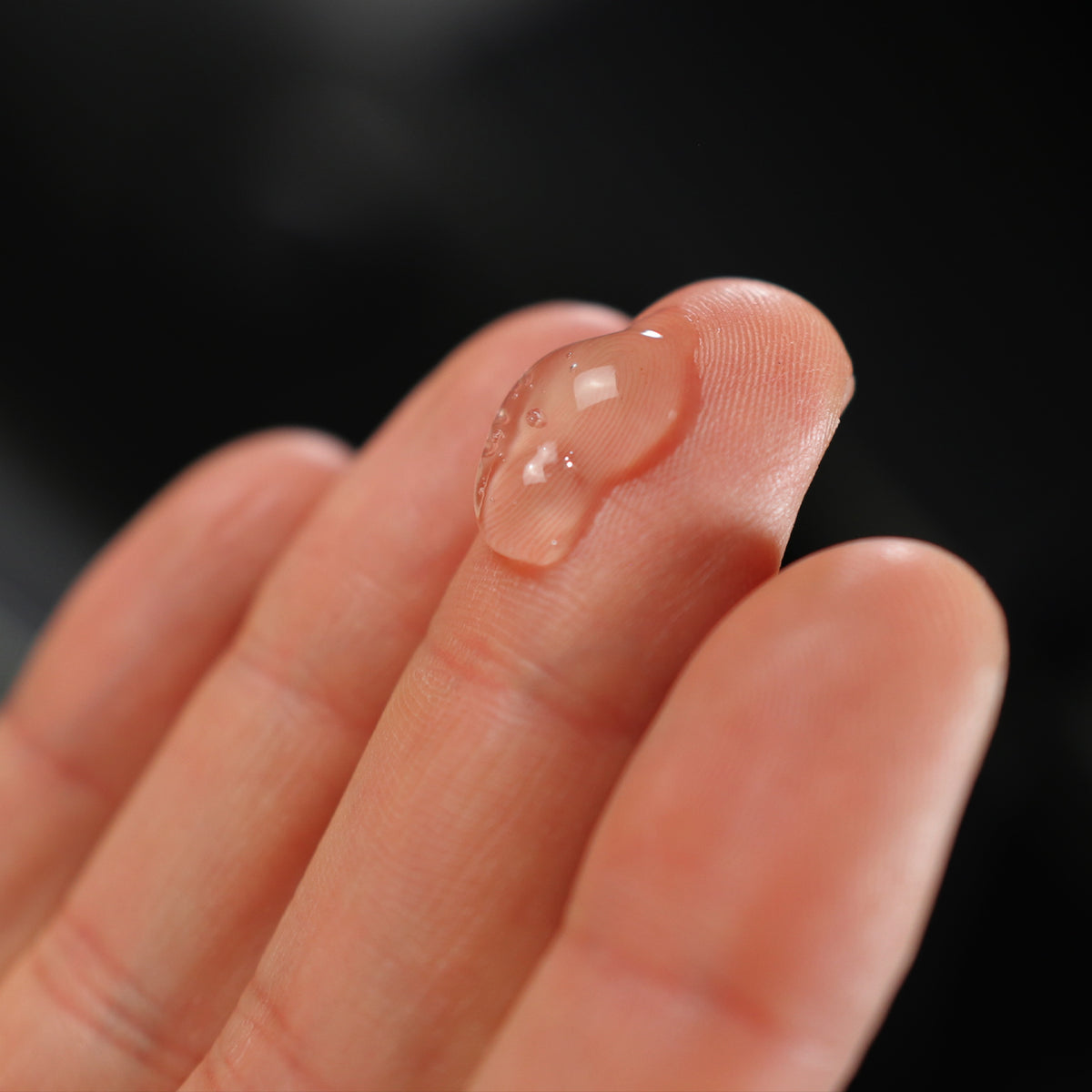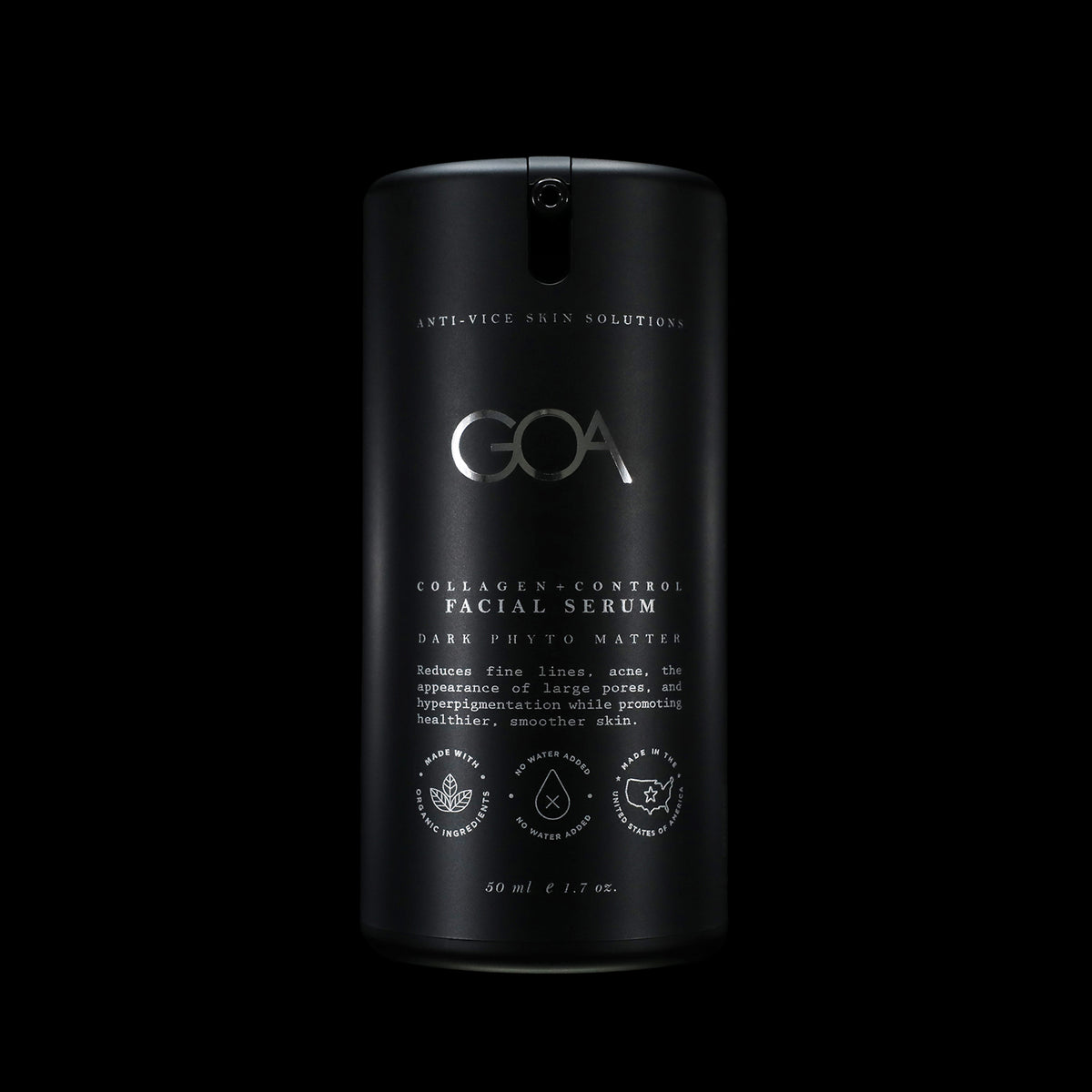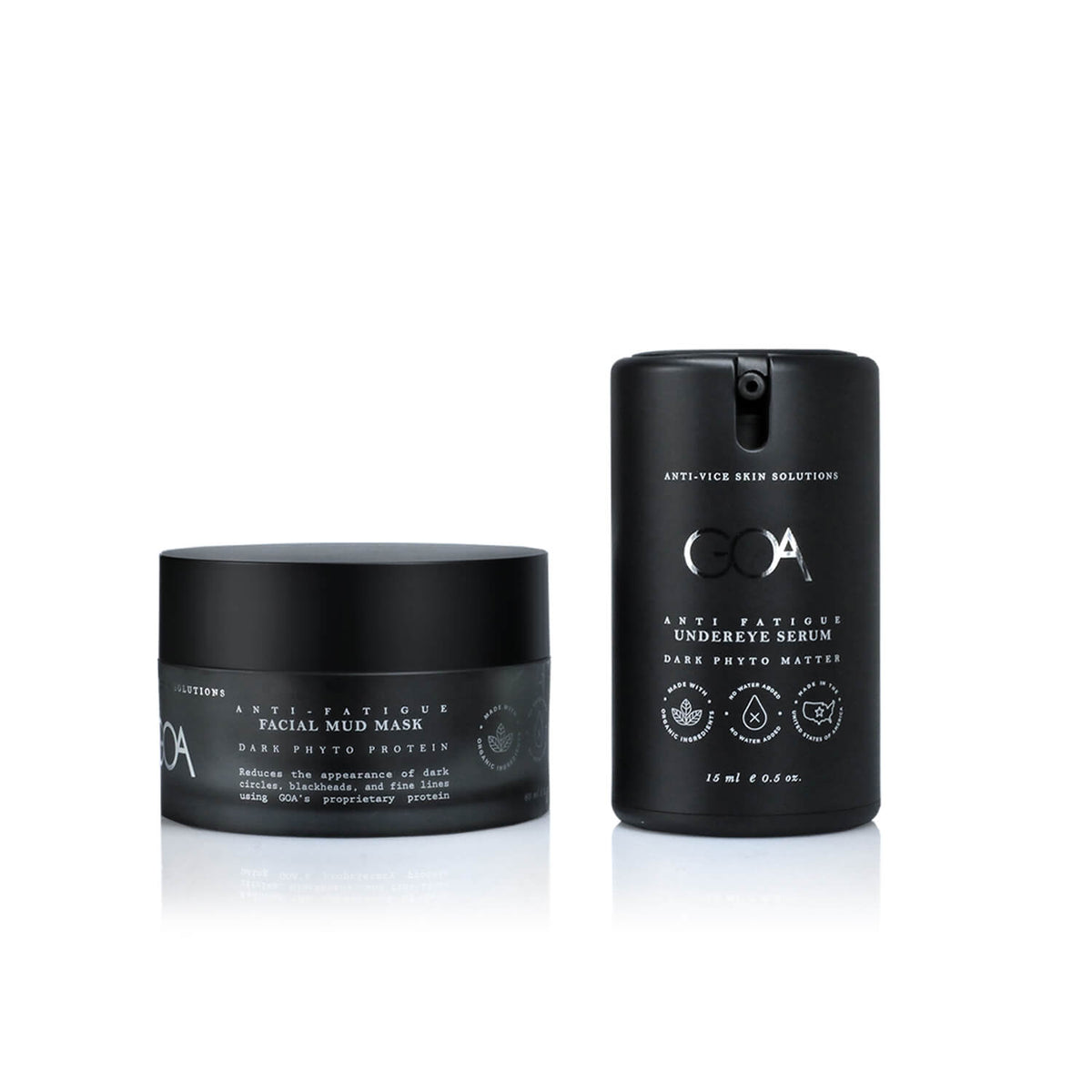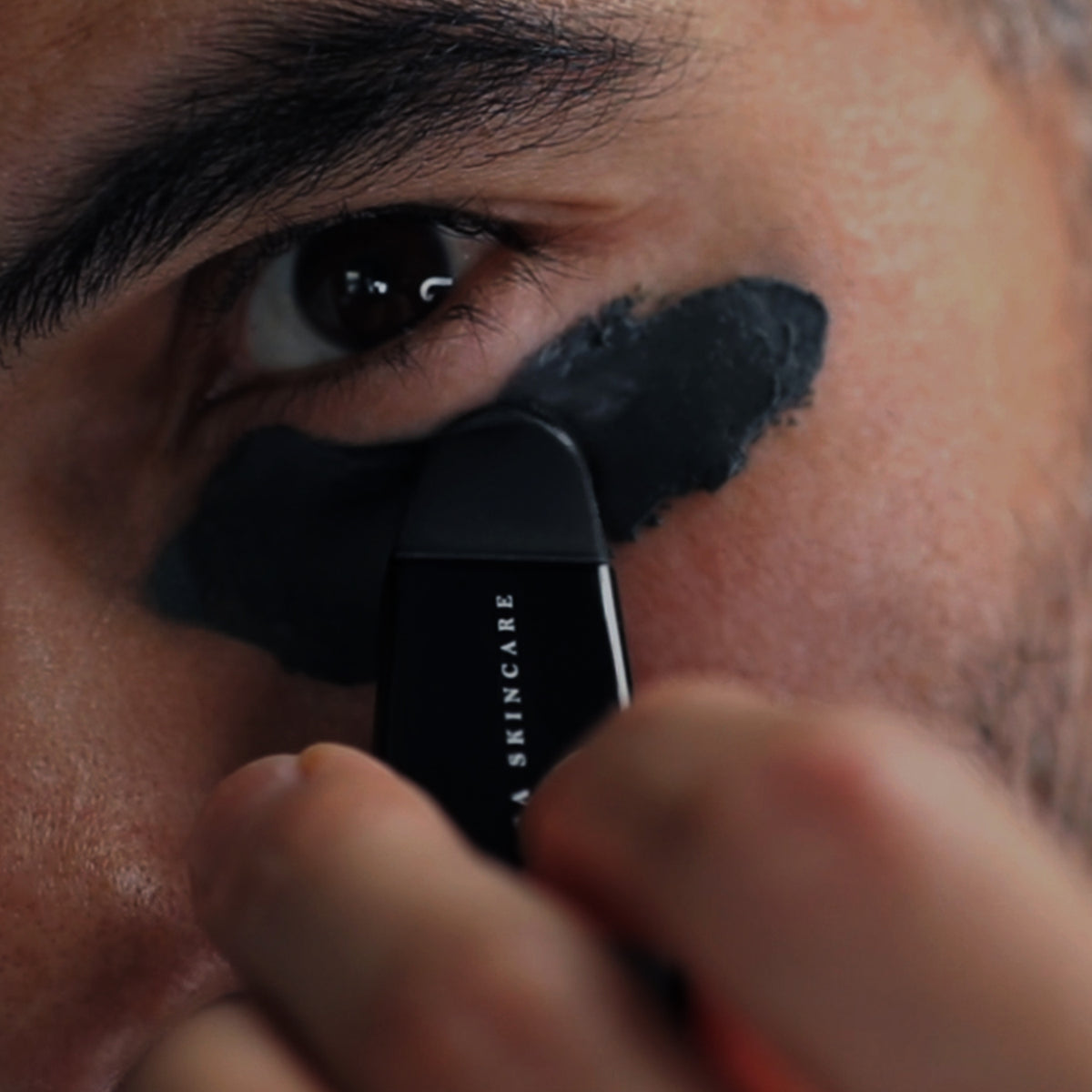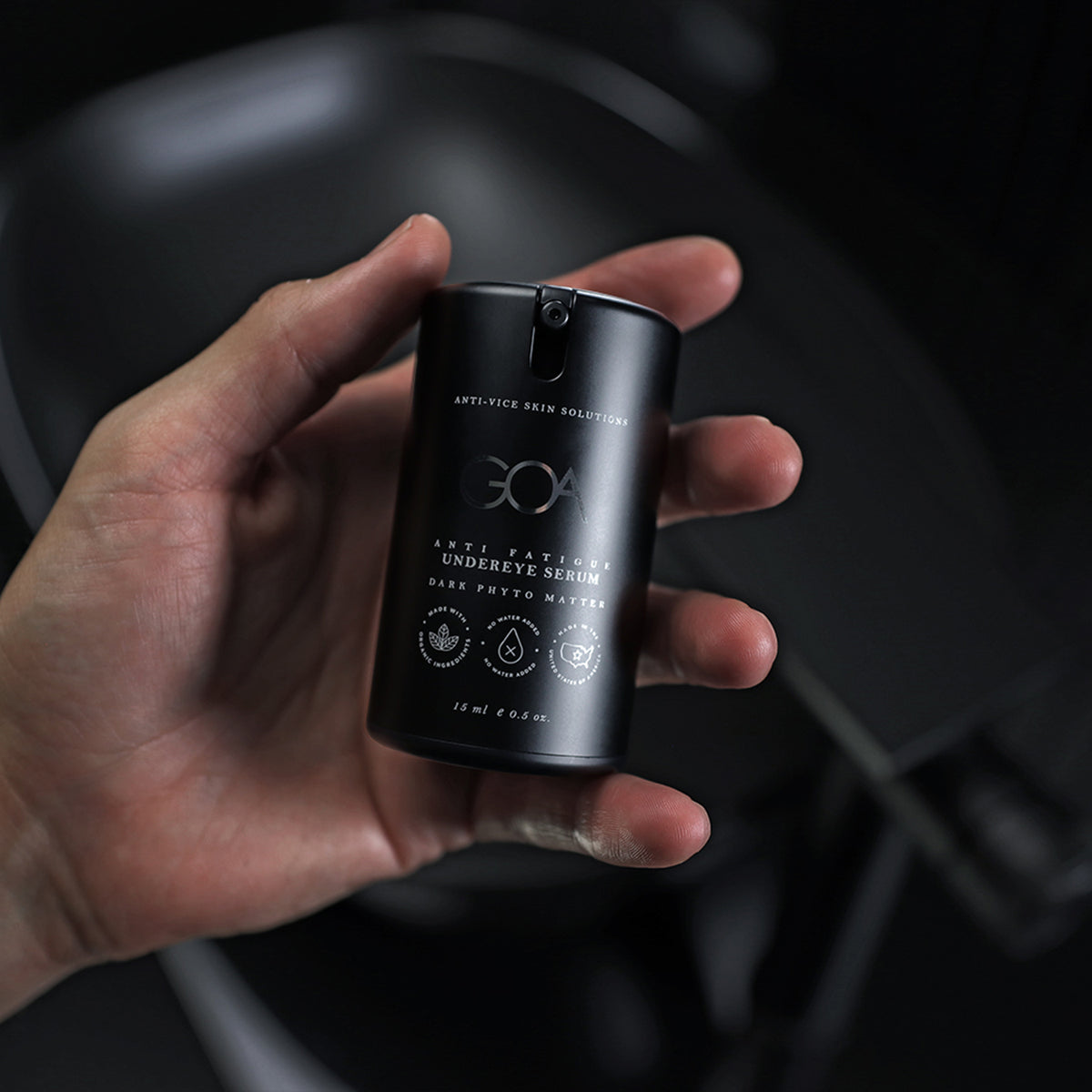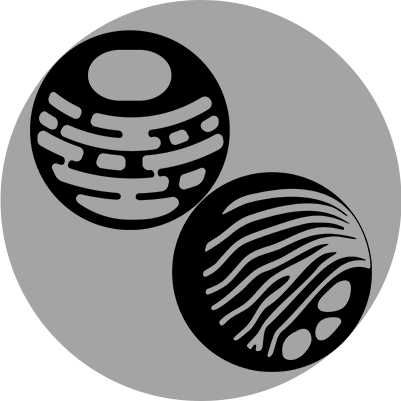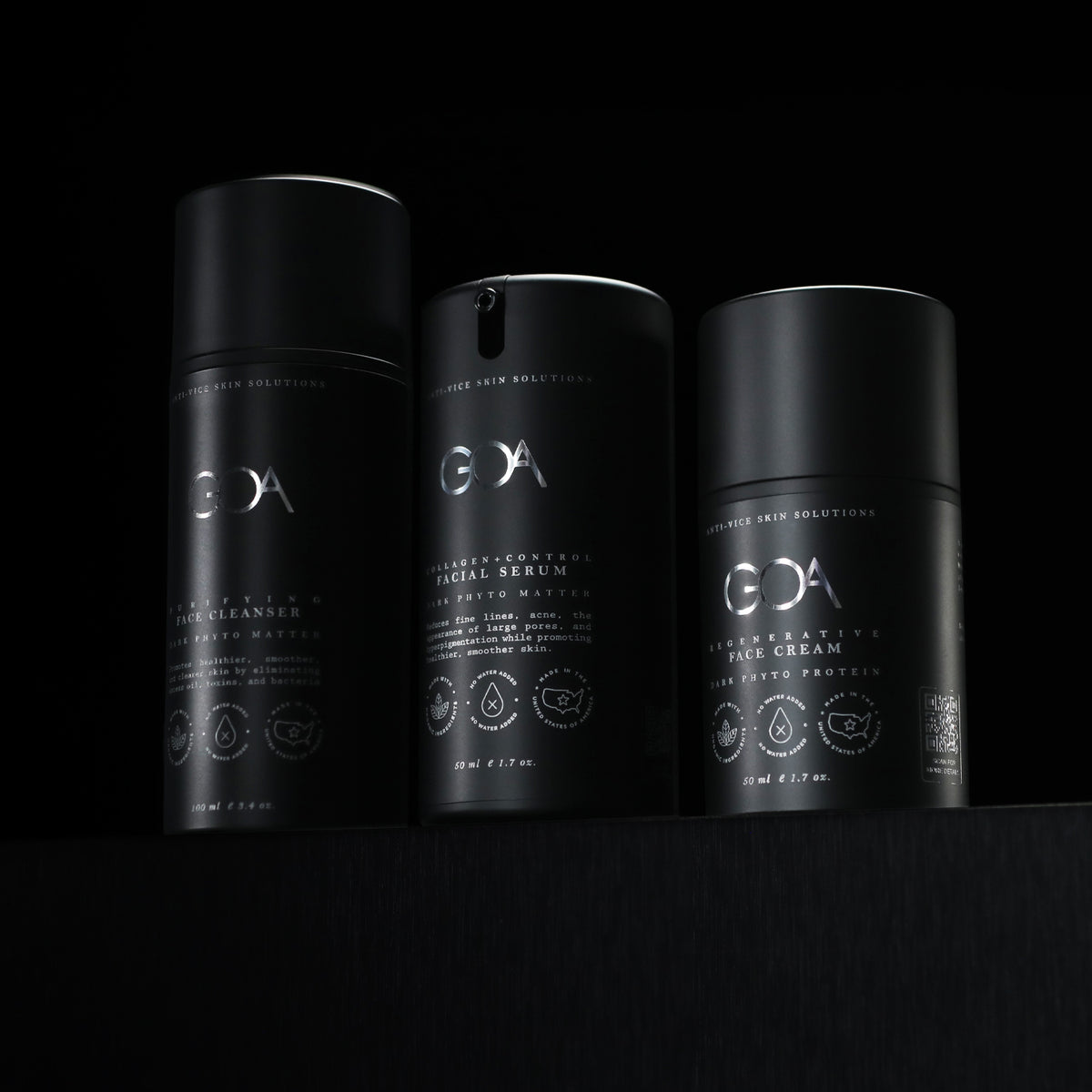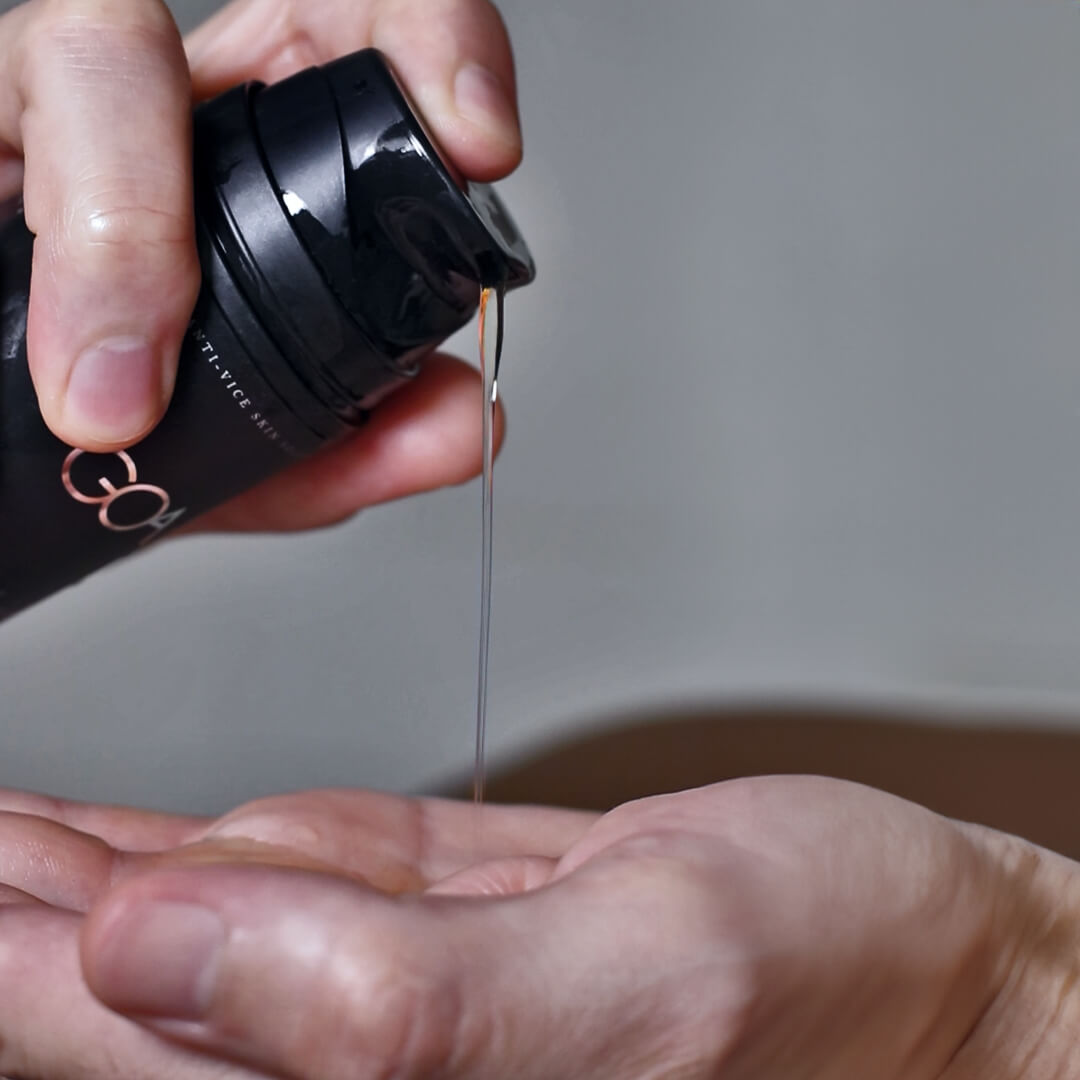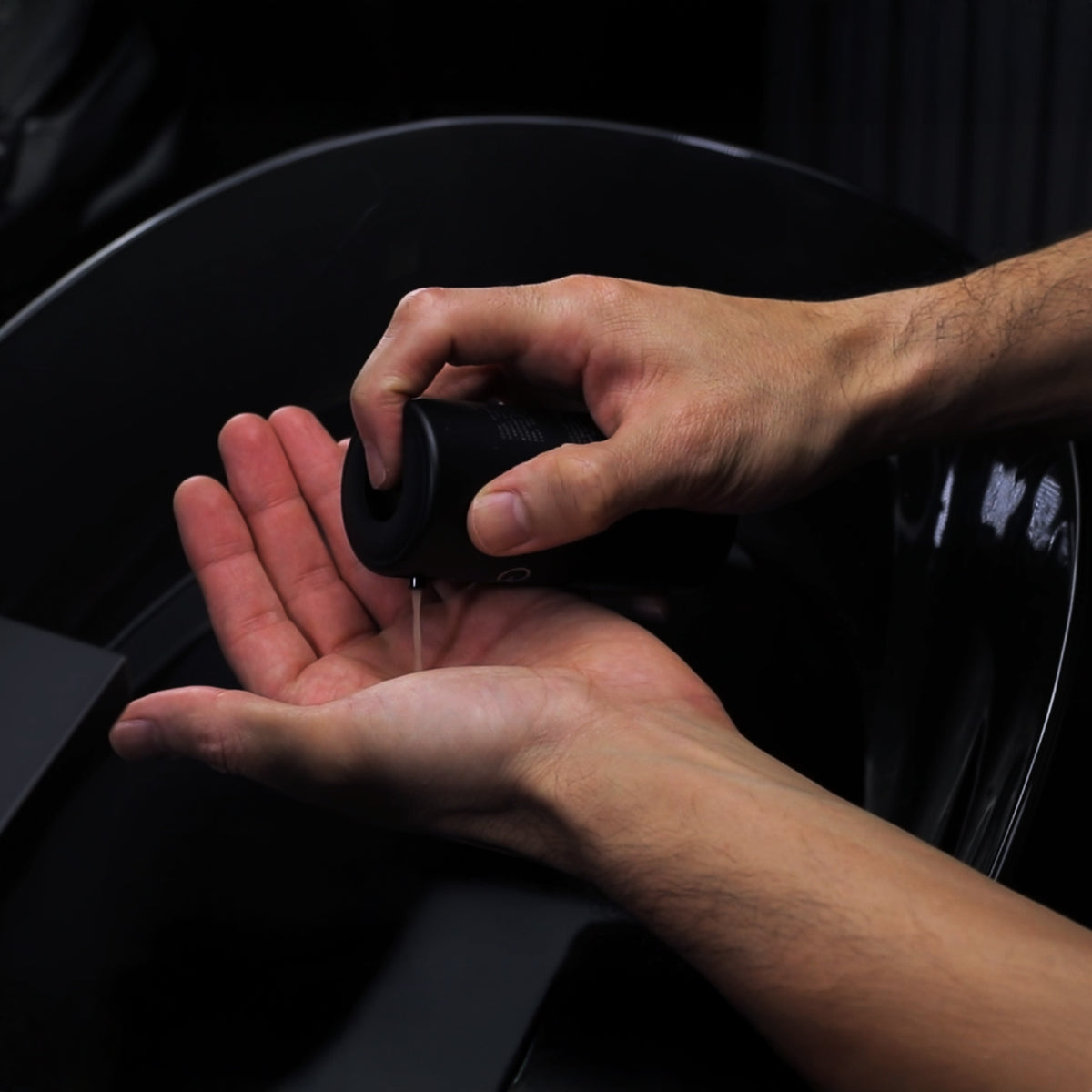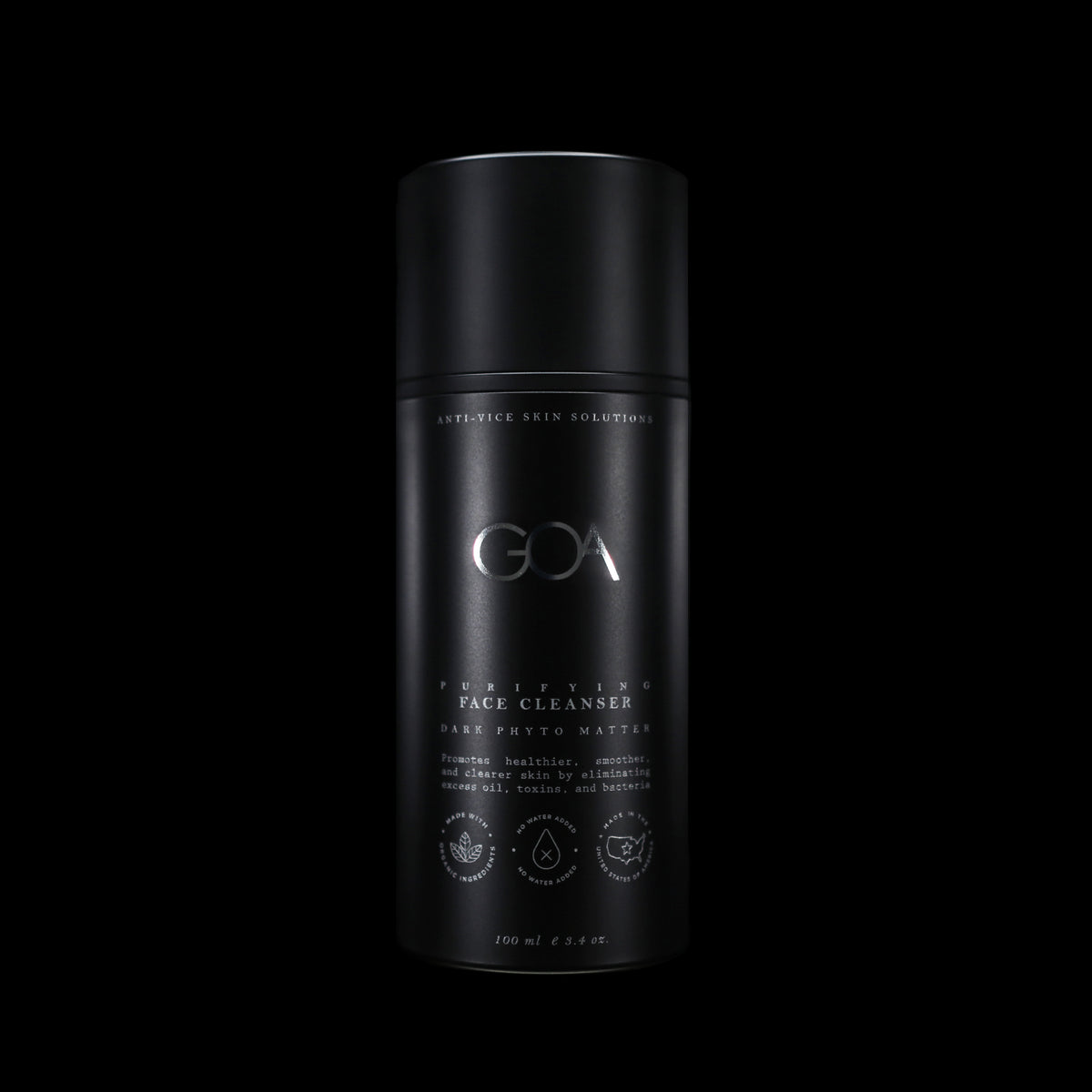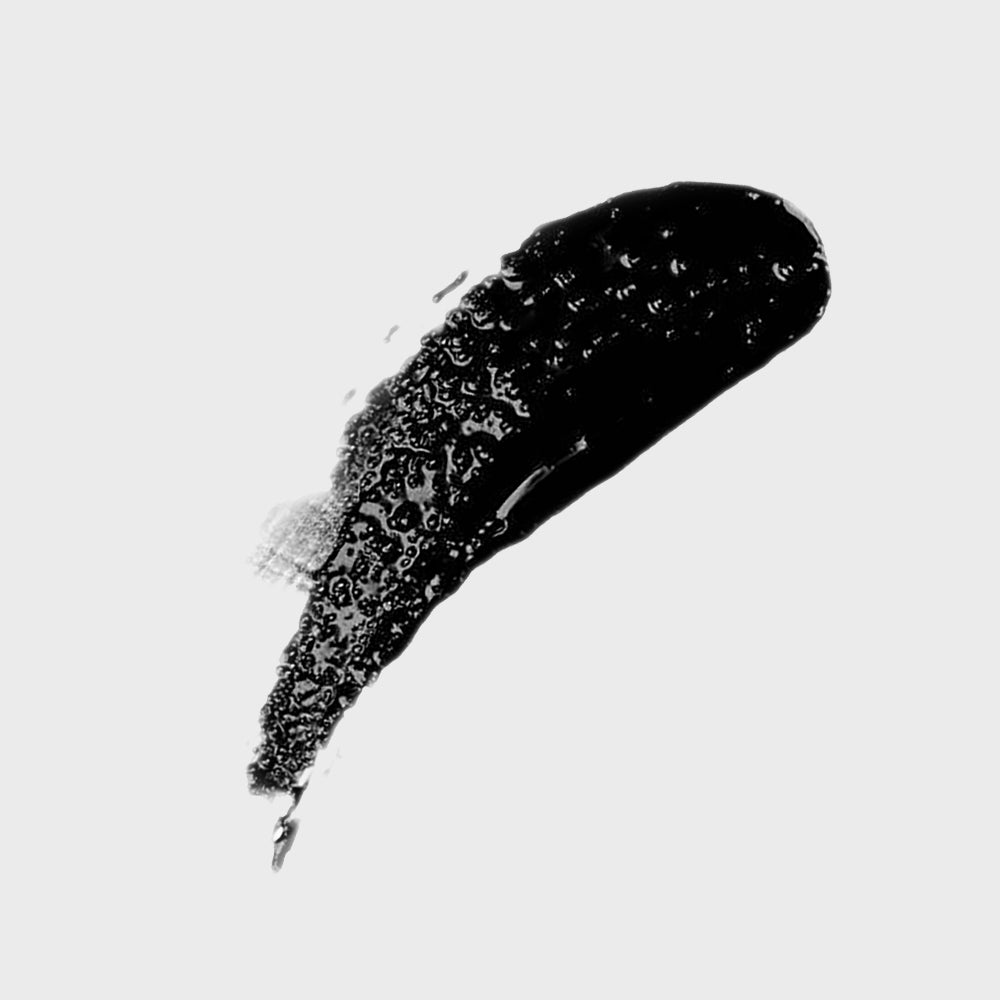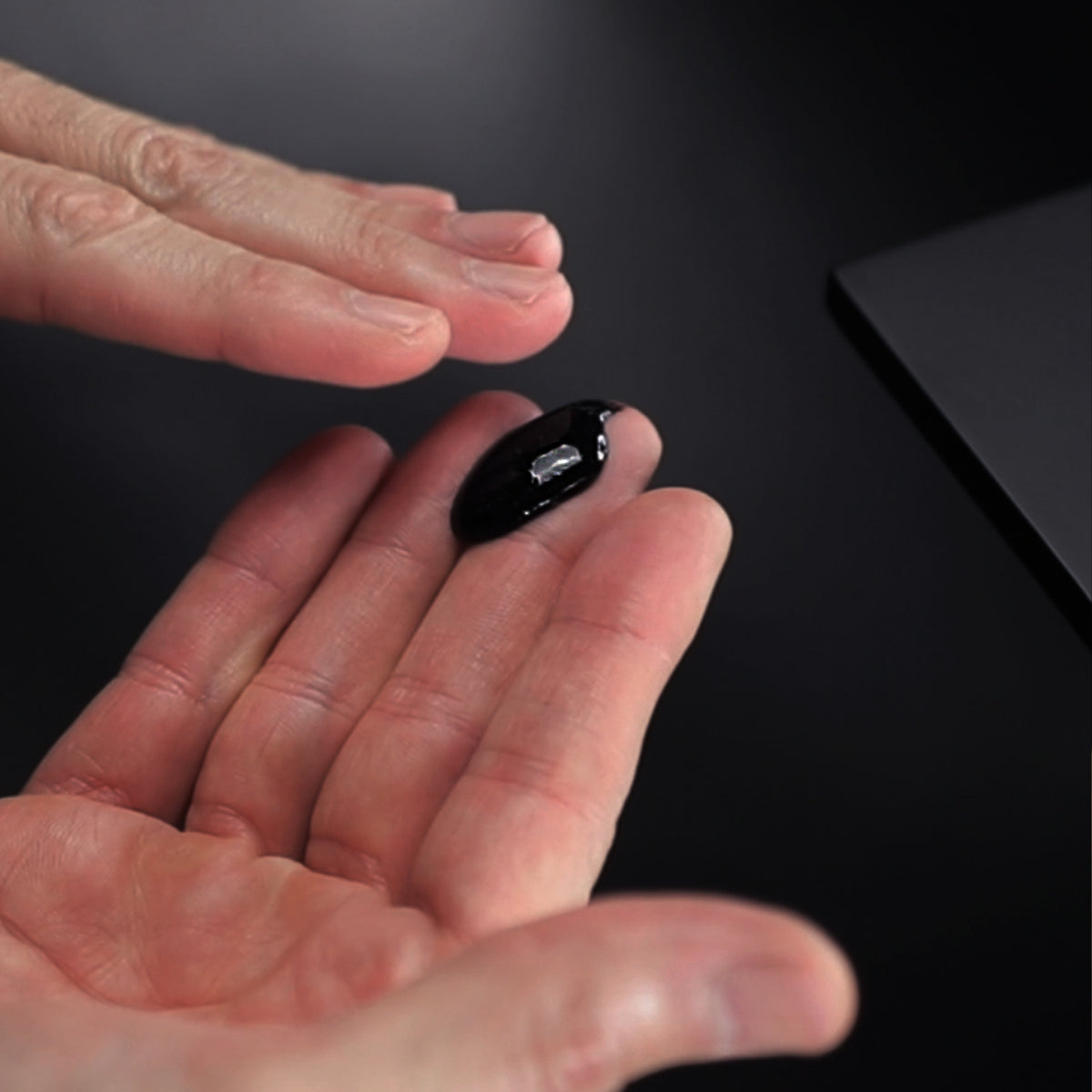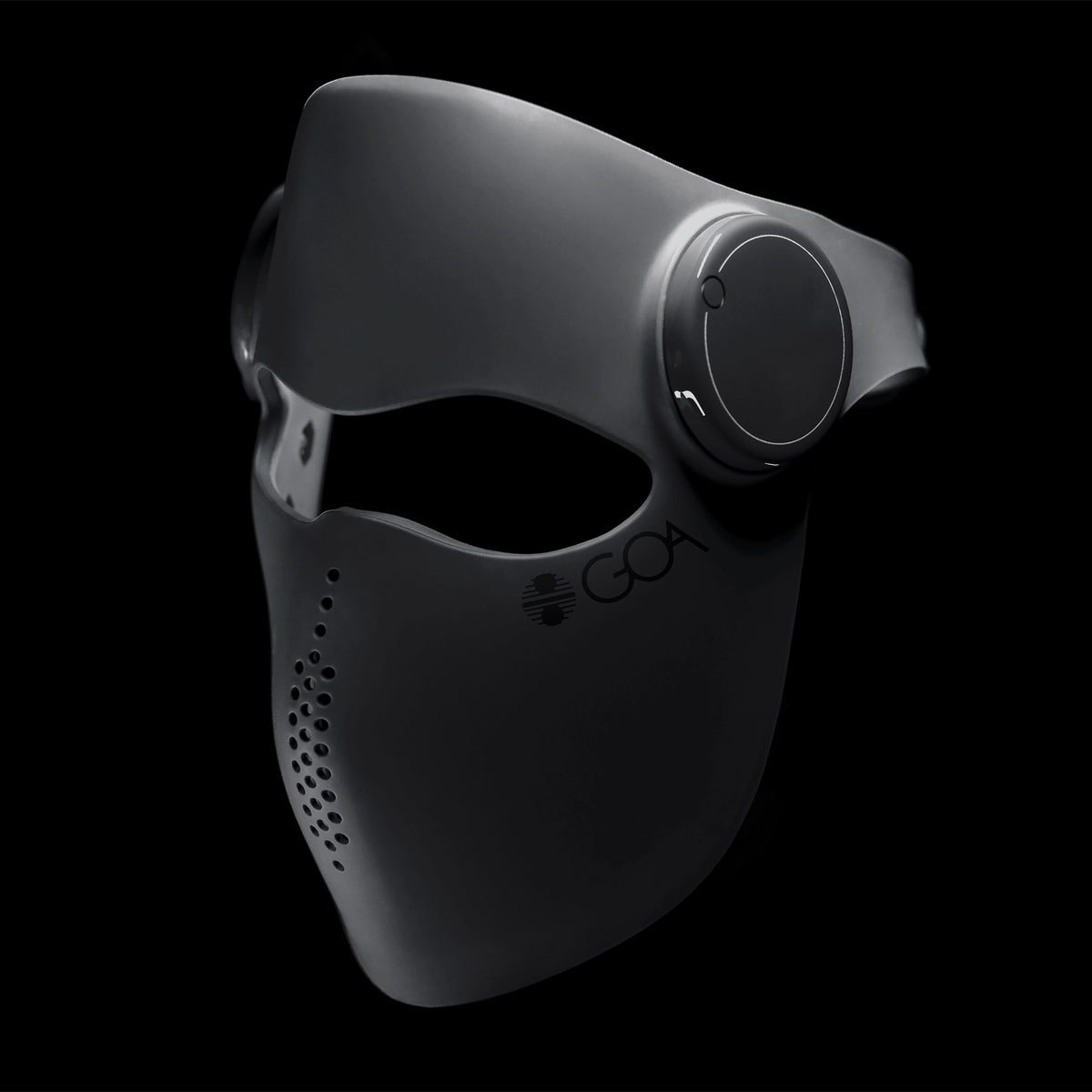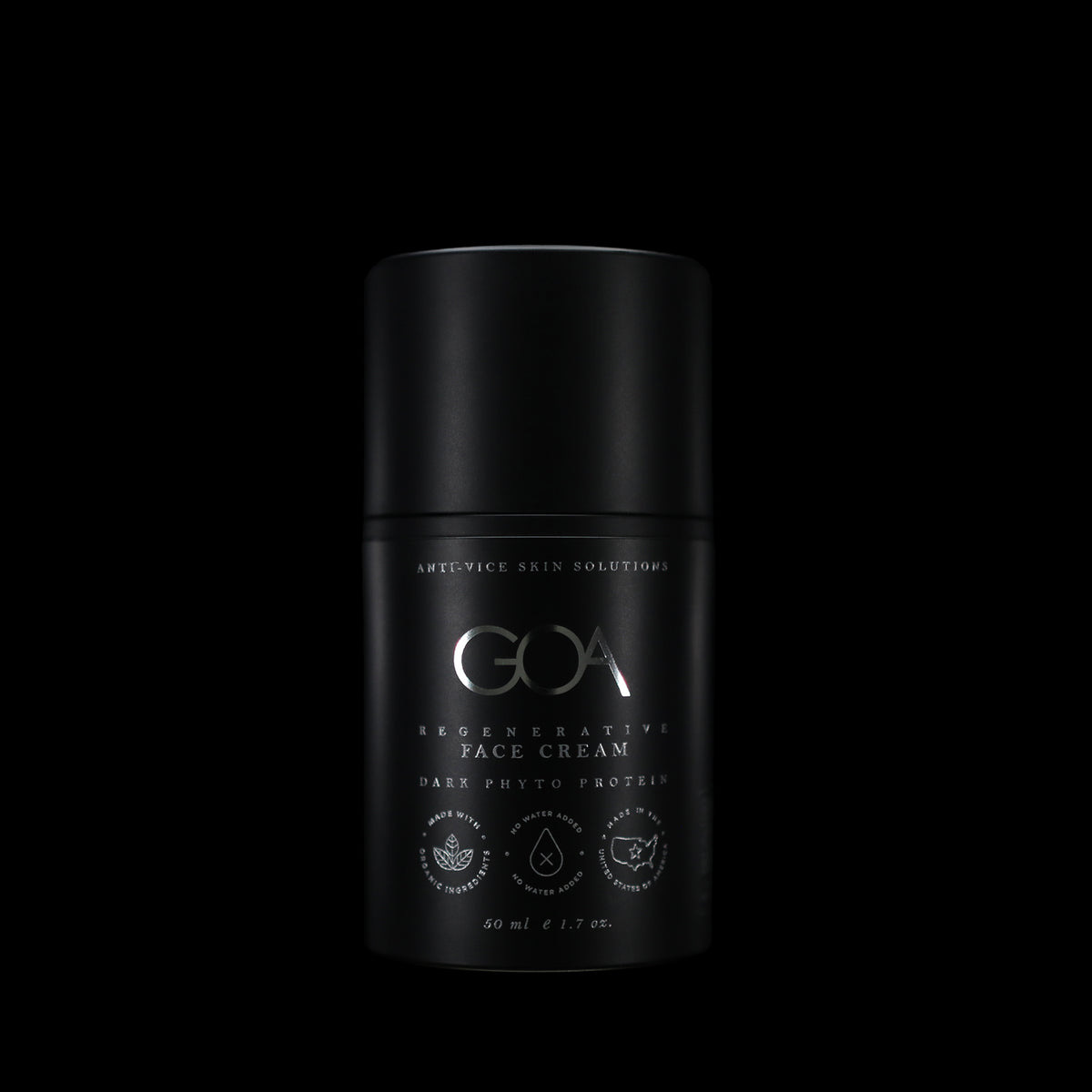Introduction
The rigorous lifestyle of our GOA members, marked by ambition and success, brings with it a unique set of challenges for skin health. This article is an exploration of how stress, sleep, and sun exposure, integral elements of a vigorous lifestyle, directly impact the condition of the skin.
The Stress Factor
A striking 74%* of our members report dealing with high stress levels. This stress, an inevitable part of an achiever's life, significantly affects the skin. It leads to an increase in cortisol, which is directly linked to various skin problems such as the formation of stress lines, enhanced oil production, and acne. [* Internal study from 12,000 respondents]
To mitigate these effects:
• Engage in activities that reduce stress, like meditation or physical exercise.
• Utilize skincare products specifically formulated to address stress-related skin issues, focusing on ingredients that soothe and rebuild.
Sleep and Skin Health
About 43%* of our members do not meet their optimal sleep requirements. Insufficient sleep does more than just drain energy; it also has a profound impact on skin health, resulting in issues like dark under-eye circles, visible stress marks, and a dull complexion.
To enhance sleep and skin health:
• Follow a consistent sleep schedule to regulate the body's internal clock.
• Use night-time skincare products that aid the skin's natural repair process during sleep.
Navigating Sun Exposure
Nearly 46%* of our members face challenges in balancing sun exposure. While moderate sun exposure is beneficial for vitamin D synthesis, too much can lead to premature aging and skin DNA damage.
Effective sun management strategies include:
• Applying a broad-spectrum sunscreen daily as a protective measure.
• Incorporating antioxidant-rich skincare products to defend against sun damage.
• Wearing protective clothing and seeking shade during periods of intense sun.
The Interconnectedness of Stress, Sleep, and Sun Exposure
The synergistic effects of stress, sleep, and sun exposure on skin health involve a complex biochemical interplay:
Stress and UV Damage Synergy: Elevated cortisol levels from stress impair the skin's ability to repair UV-induced DNA damage, increasing vulnerability to photoaging and skin malignancies.
Sleep Deprivation Impact: Lack of sleep disrupts skin's circadian rhythms, hindering cellular repair processes. This exacerbates the skin damage caused by stress and UV exposure.
Cumulative Effect:
• The combination of high stress, inadequate sleep, and excessive sun exposure leads to compounded skin damage.
• Signs of aging, reduced elasticity, and compromised skin barrier function are accelerated.
• Managing these elements collectively is crucial to mitigate their compounded detrimental effects on skin health.
Conclusion
For our members, addressing stress, sleep, and sun exposure is essential for maintaining skin health. Adopting a holistic approach to skincare and lifestyle modifications can lead to enhanced well-being, improved skin conditions, and overall health.
So, while you adapt your lifestyle, consider integrating GOA's Anti-Aging Face Collection. Its scientifically-developed formulations are specifically designed to counteract the molecular and cellular impacts of these factors on skin health.















